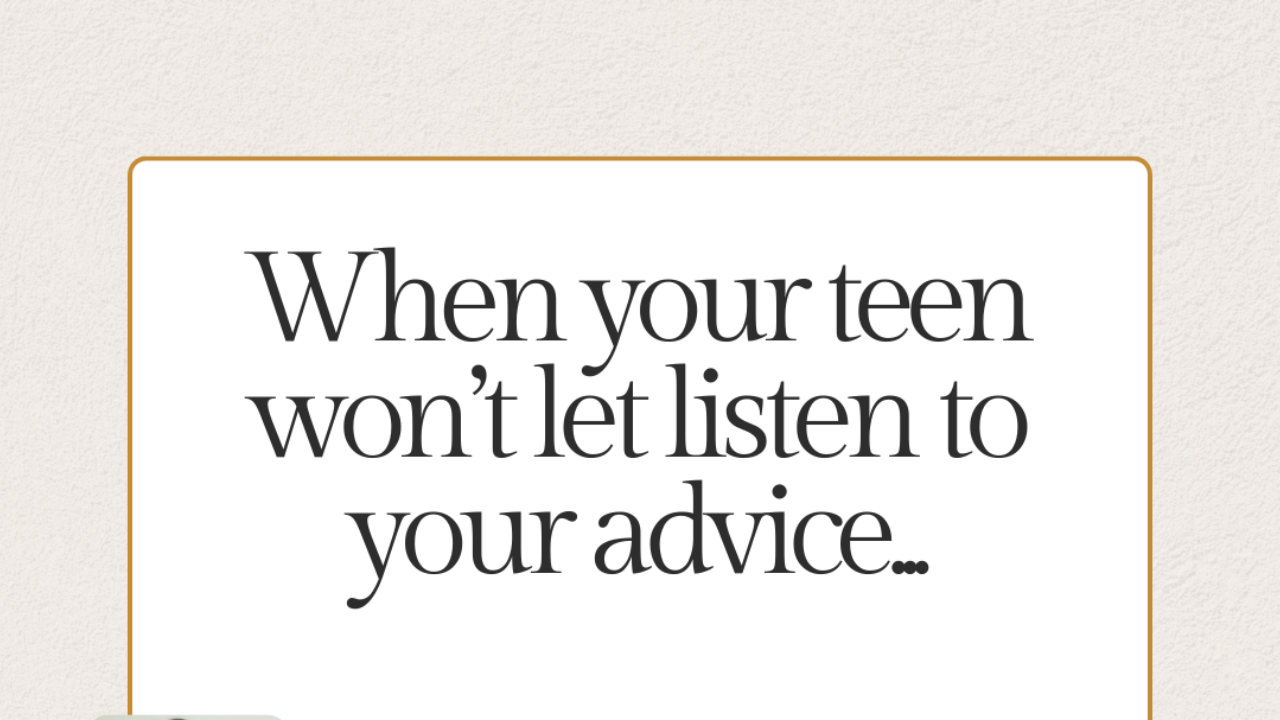Struggling with School Attendance? Start here.
I’ve always loved a good teen drama.
90210, The OC, One Tree Hill, and Gossip Girl rate in my top 5.
But number one on the list for a long time was Dawson’s Creek.
The Joey, Pacey, Dawson love triangle full of teenage angst and indecision kept my viewing attention in my late teens and early 20s.
I can even hear the “kiss me” theme song as I picture innocent big eyed (pre Tom Cruise) Katie Holmes as I write this email to you.
My Dad used to say I was learning terrible habits like “talking back” by watching shows like this…
And because I was a good teenager…
Of course…
…I disagreed with everything he said and always tried to have the last word (love you dad 😉).
More than 20 years on from those initial arguments, I reflect today and still believe this show didn’t cause my teenage angst and there’s a lot to learn about teens and parenting from this program.
If you're a die hard Dawson’s creek fan like me, my full list of learnings from the show are at the end of the email, if not here’s my summary.
3 key ideas from Dawson’s Creek that will help you with your teen’s struggles.
1. Your teen wants and needs your help with the difficulties they face.
2. Understanding your teens' perspective, providing warmth, holding boundaries, open conversations and coaching builds your teen’s resilience and reduces their risk in the world.
3. The starting point in doing number 2 is to address your own stress, relationships, and past because otherwise it will stop you seeing what you need to to really help your teen.
These 3 ideas can help you with any teen problem.
As this month’s focus of Parent Thinking Space is on School Reluctance, I’m going to show you how to apply these ideas to this problem facing 1 in 3 households with teens.
👉 Your teen wants and needs your help.
Despite the fact they may look like they are fighting with you or don't want to listen to you, when they are reluctant to go to school (or can't get there at all), they want and need your help.
👉Understand your teen's perspective in a warm way that also holds boundaries. Taking a coaching approach that opens conversations up is a key to how you help them get to school. Listen to them. Sometimes listening is enough and they get up and go to school. If not then come up with a plan together to tackle the difficulties getting in the way.
👉You need to build capacity into your life to be able to have the conversations as a coach that are required at step two. Your stress and pressures are important context and addressing these outside of your relationship with your teen will help the conversations you have with them to go better.
Want to learn more about how to apply this approach to school relucantace? Later this month I am holding a live specialised training for parents about School reluctance. The details are here. Spots are limited.
In this training I will cover, the hidden reasons teens refuse school (and how to spot them), how to stop school morning battles and start real conversations, and how to stop the blame (it's not your fault, theirs or school), and build true understanding and school engagement.
This training is for any parent of teen whether your teen is only occasionally saying they don't want to go, or hasn't been to school in a month the training will help you build your teen's resilience from the place they are at now. Click here to register.



